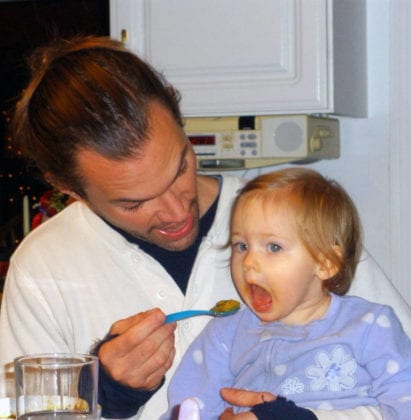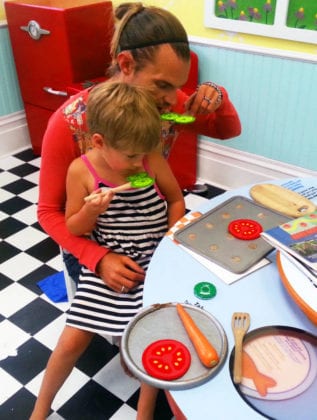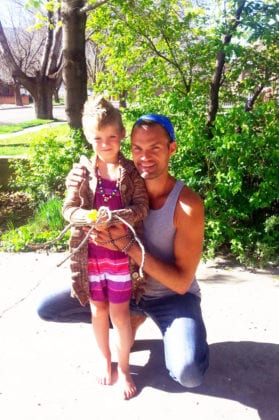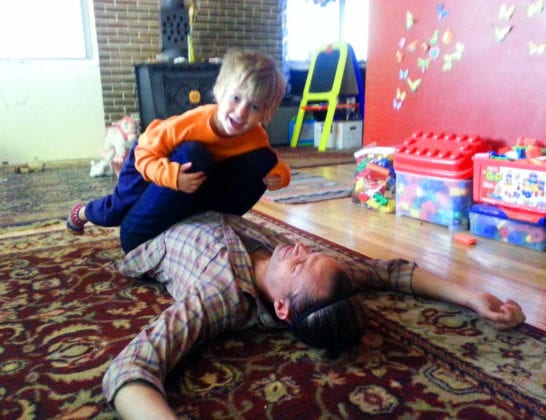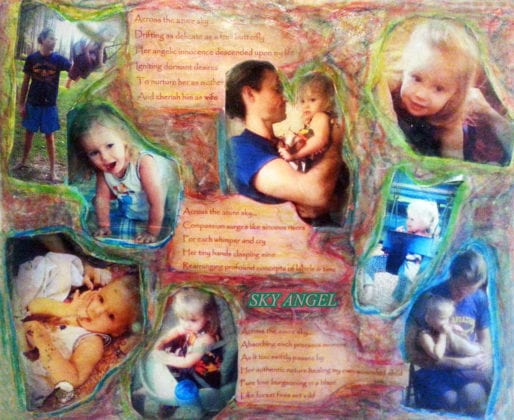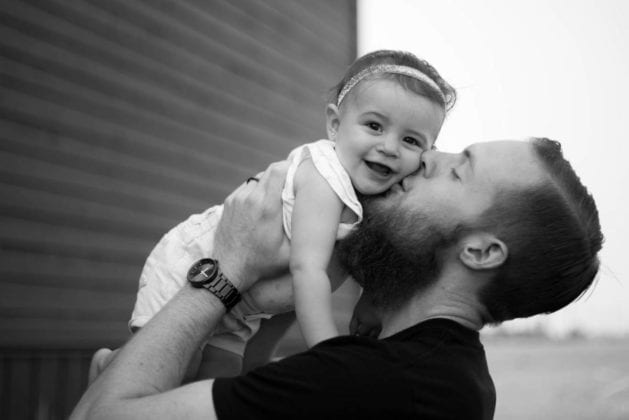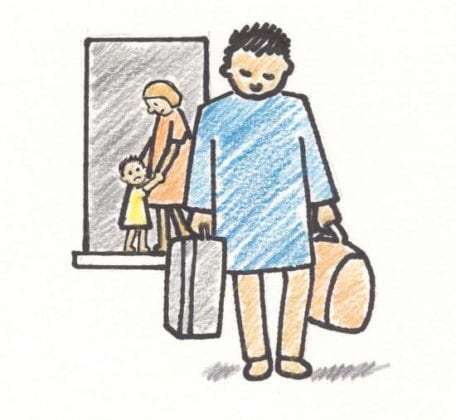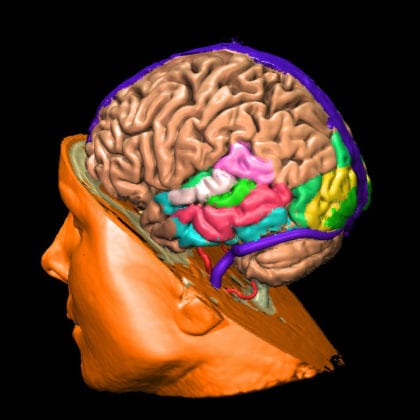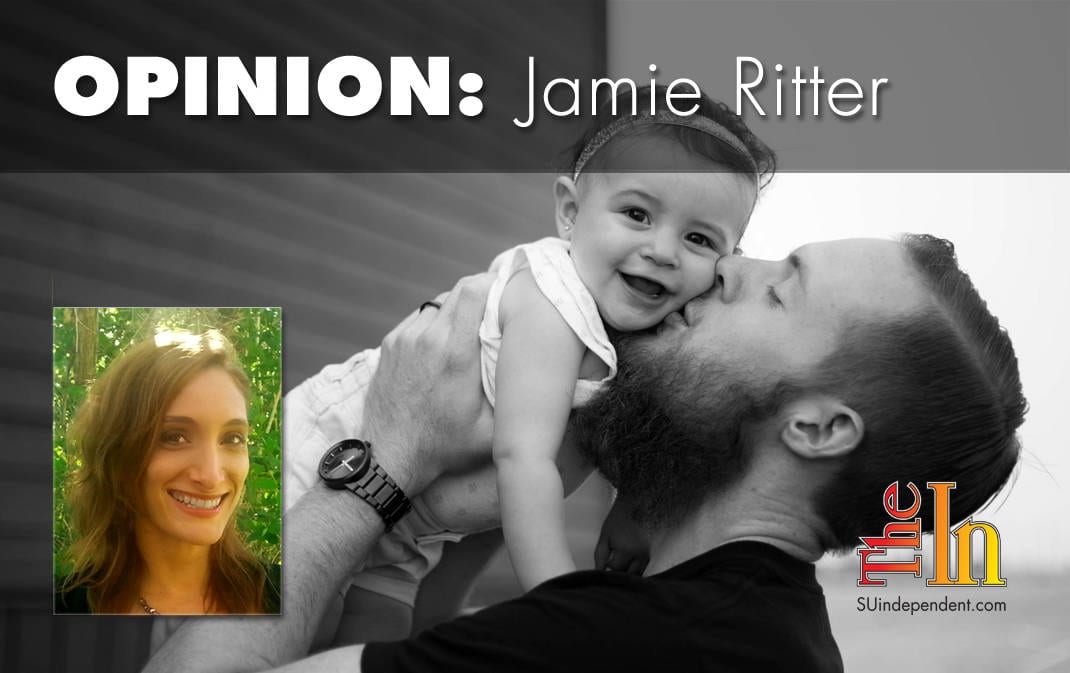
Like all of those raised in the millennial generation, I grew up in the age when divorce was increasingly becoming the norm. It was virtually unheard of for a father to be the primary caregiver. On the other hand, a father was much more likely to be an occasional babysitter or weekend playmate, even in homes where the family unit remained intact. Or perhaps he was compartmentalized to the role of disciplinarian. Whatever the combination, my estimate would be that his parental duties rarely extended beyond 30 percent involvement.
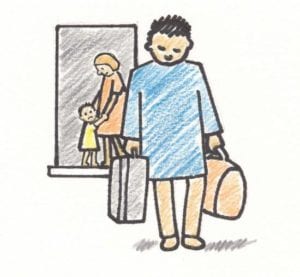
It would be an overstatement to say that my own father came close to fitting the criteria mentioned above. If my life were a movie, he wouldn’t even have made the cut as the role of an extra. On the contrary, I was lucky to be bestowed with a random cameo appearance.
His sudden death when I was 13 ended that contribution entirely. Through years of therapy, I now understand that my father struggled deeply with his own inner demons, which unfortunately kept him from being able to be a consistent force in my childhood. Furthermore, like most men in our society, he was simply following his own father’s scripts and those of that time period. Although I understand these contributing factors, it doesn’t change the fact that there were wounds left by his lack of presence that were certainly disadvantageous to my development.

Needless to say, my own experiences combined with the macrocosmic reflections of our culture created a pretty limited schema in my mind of what it meant to be a dad. So when I first met my partner, Jason Gottfried, and his daughter, Sky, almost four years ago, I didn’t know that all my concepts of fatherhood were about to be obliterated in the most sublime way.
You might know of Jason from his work here at the Indy. Perhaps you remember some of his witty, sarcastic, or even highly controversial compositions. Or maybe you can recall the more docile ones, like “Tips for teaching children meditation” and “Screen time, selfies, suicide, and mental illness: smash your smartphone.” While these latter pieces elucidate his dedication as a dad, only those closest to him have seen his magnificence as a father in action.
Defying most gendered stereotypes, Jason completely contradicts the erroneous beliefs our society holds in regards to innate parental instincts while simultaneously illustrating the importance of a father’s involvement in their child’s life.
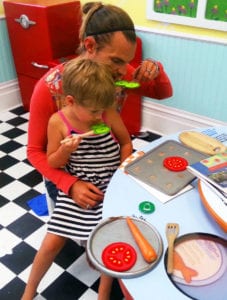
I started dating Mr. Mom when Sky was 20 months old and quickly fell in love with them both. And in many ways, Jason really is the ideal mom and dad wrapped up in one. While he is immensely nurturing, verbally engaging, and responsive to Sky’s needs (mom stuff), he’s also playful, physically engaging, and able to implement boundaries well (dad stuff). During interactive play, he happily joins Sky in building block castles one minute and dolls or kitchen games the next.
When Jason’s daughter was born, he became the stay-at-home dad so that Sky’s mother could pursue her graduate degree and an accompanying assistantship full-time. Thus, the majority of domestic and child-rearing duties fell on his shoulders. Jason fed Sky, changed her, played baby games with her, walked her in her stroller, and comforted her when she was upset. An adept vegan cook, Jason even made Sky’s meals from scratch when she was old enough to eat solid foods.
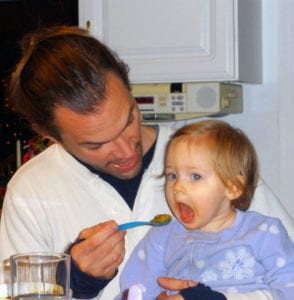
For the first year after Jason and his former partner split, Sky generally spent 2–3 days a week with him, which has since become an equal 50/50 split. Of the time Jason has his with his daughter, he has always chosen to arrange his schedule so that they can spend the entirety of their waking moments together.
Observing the profound bond that has blossomed between Jason and Sky over the years has been truly gratifying. Jason’s whole world revolves around that little girl, and she absolutely adores him. On top of that, though, Sky’s development has proven to be far superior to that of most kids I see these days. Not only has Jason provided a gender balanced approach to raising Sky but he has made sure to personally engage her in enriching and educational activities the entire four days that she lives at our home each week.
Fathers as the primary caregivers
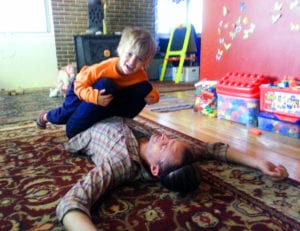
I always wondered how it was that Jason could be so paternal and maternal at the same time. While I knew that his feminist beliefs and personality probably contributed, I questioned whether those factors could be the sole reasons.
Then, about a year ago, I stumbled upon evidence which illuminated my cerebral quandary. Ruth Feldman and her associates conducted a study on first-time parents: primary mothers, secondary fathers, and fathers assuming the role of primary caregivers. Findings revealed that the primary mothers and secondary fathers had some differing brain systems that were activated as a result of their children’s births and subsequent parental involvement.
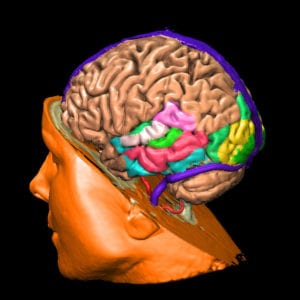
According to Feldman, while the “emotional processing network” responsible for “vigilance, salience, reward, and motivation” was very active in mothers, the “mentalizing network” responsible for “social understanding and cognitive empathy” was much more so in secondary fathers.
Interestingly, the brains of the primary fathers in the study were similar to those of primary mothers as well as secondary fathers. Thus, via experience and neural plasticity, these dads had additionally developed the pathways that women are considered to be imbued with from pregnancy and birth. Furthermore, the more involved secondary fathers were in child-rearing activities, the stronger their emotional processing networks were. For more information on this study, you can read the report directly here. Or if your head spins a bit from overwhelming scientific jargon, here is an article that may be more palatable.
Father’s Day reflections
Despite this compelling research, fathers taking on the role of the primary caregiver are still the minority compared to their female counterparts. While I could digress in a sociological tangent and discuss the subtle forces that keep parental gender inequality in place, I will save that for another day. Although this new study is just the beginning of further investigations into fathers having center stage in the child-rearing realm, the significance of paternal participation has extensive supporting evidence, from better social and emotional development to educational outcomes. More on that here.
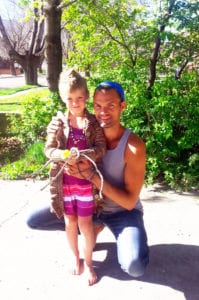
Of course, for both mothers and fathers, the approach to parenting is equally as crucial. Abusive and neglectful parents, or those who implement flawed parental tactics, can create insecure attachments no matter how involved they are. Thankfully, when I watch Jason intrinsically engaged in interactions like reflective listening, emotional emphasizing, and positive reinforcement with Sky, my psychology-oriented brain has the equivalent of a cognitive orgasm.
With Father’s Day approaching, perhaps you are one of the fortunate ones who has much to celebrate in regards to fatherhood and what it looks like in your life. Or like many others who have lost or never had ideal relations with their dads, maybe you dread this hallmark holiday and the emotions it brings. For me, it will be a bittersweet fusion of both. But I am eternally grateful for the delightful nectar my partner and his daughter have added to this day.
Whatever your circumstances, I invite you to reflect on what it means to be a father, the highest potentials of what it could mean, and the ways each of us can shift the antiquated gender paradigms that still exist; for it is only through our conscious choices that we can transcend those barricades that hinder our children’s future.




